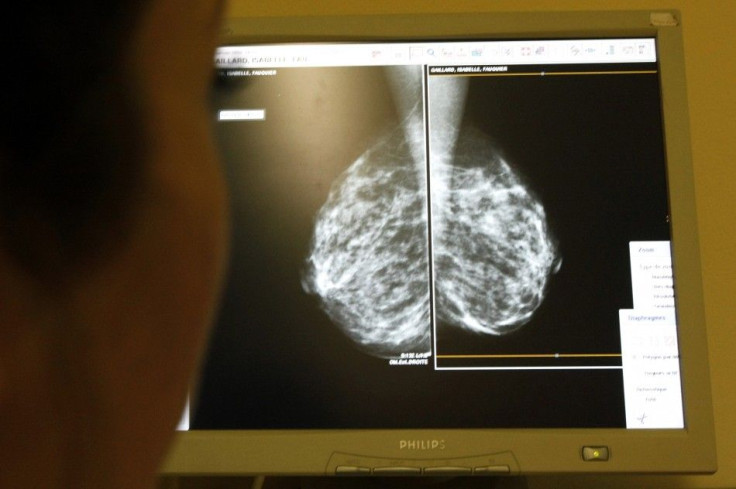Annual Cervical Cancer Screening Not So Necessary: Study

Women do not need annual cervical cancer screenings, according to guidelines, but they are still getting them, a new study says.
Researchers at the Centers for Disease Control and Prevention published their study online in the American Journal of Obstetrics and Gynecology, MedPage Today reported.
Survey research data showed that only 14 percent of test providers recommended re-screenings in three years after testing women whose results were normal.
Annual cervical cancer screening continues to be a common recommendation, regardless of whether a screening history has been established or an HPV test has been ordered, the researchers wrote.
They cited cost, pain and inconvenience as reasons to avoid going for an annual screening.
There's really no advantage to annual screening compared to screening every two or three years, lead author Katherine Roland told Reuters Health.
Womenshealth.gov, of the U.S. Department of Health and Human Services Office on Women's Health, suggests that women have a Pap test every two years starting at age 21. Women who are 30 and older and have had three normal Pap tests in a row can now get tested every three years, they say. They also suggest that women over 65 may be able to stop having Pap tests if their doctors allow.
© Copyright IBTimes 2024. All rights reserved.





















